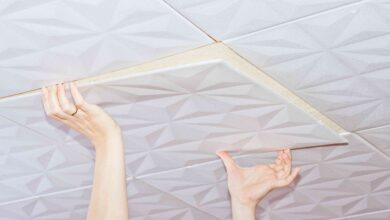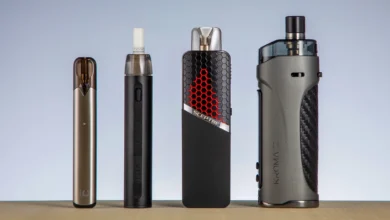Hard Water Vs Soft Water: The Facts 2024

Many people still wonder what the more subtle differences between hard water and soft water are. Despite the obvious stuff being fairly clear, the more nuanced details still remain mostly unexplained.
You might end up being quite surprised by a few of the facts that you’ll be reading here. Without giving you massive spoilers, know that hard water isn’t as bad as you think it is, and it can actually be beneficial in certain instances.
Which One Is Better For Drinking?
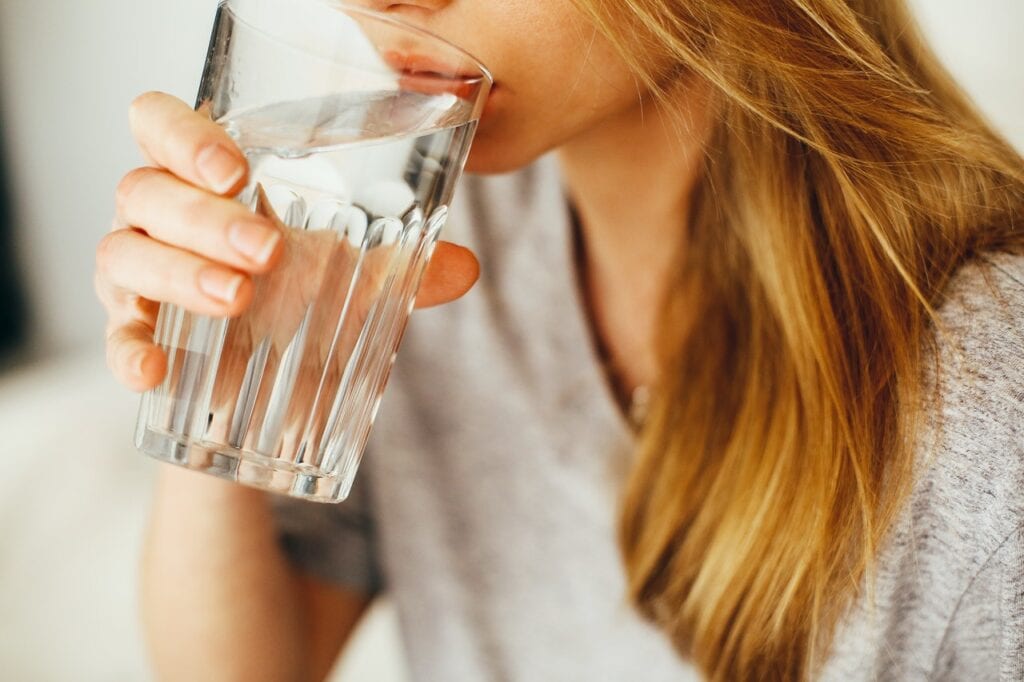
The first thing that sets people off about hard water is the taste. It tastes off. Some would say odd even. However, you might be surprised to find out that it’s much better for consumption than softened water.
This is due to the hard water’s high concentration of calcium and magnesium. As long as beneficial hard minerals are the only “pollutant” that’s present inside the water, then it can do you absolutely no harm. Moreover, these minerals come with numerous benefits ranging from better digestion to healthier bones, and much more.
Softened water, on the other hand contains sodium traces. Or at least that’s the case with water that’s been softened by a traditional salt-based water softener. You see, this type of softener replaces the hard minerals with sodium crystals, which make the water unsafe to drink for people suffering from certain illnesses such as heart disease or increased blood pressure.
Note that water that’s been softened through filtration, reverse osmosis, or other similar means does not contain sodium. The bottled water you buy from stores is also “softened” through similar means and doesn’t contain high amounts of sodium.
Even so, the lack of minerals might not be beneficial in the long run, as your body requires nutrients especially after exercise or when you’re down with a cold or other sickness. This is a must-know if you plan on drinking softened water from a traditional water softener.
The Best Option For Showering
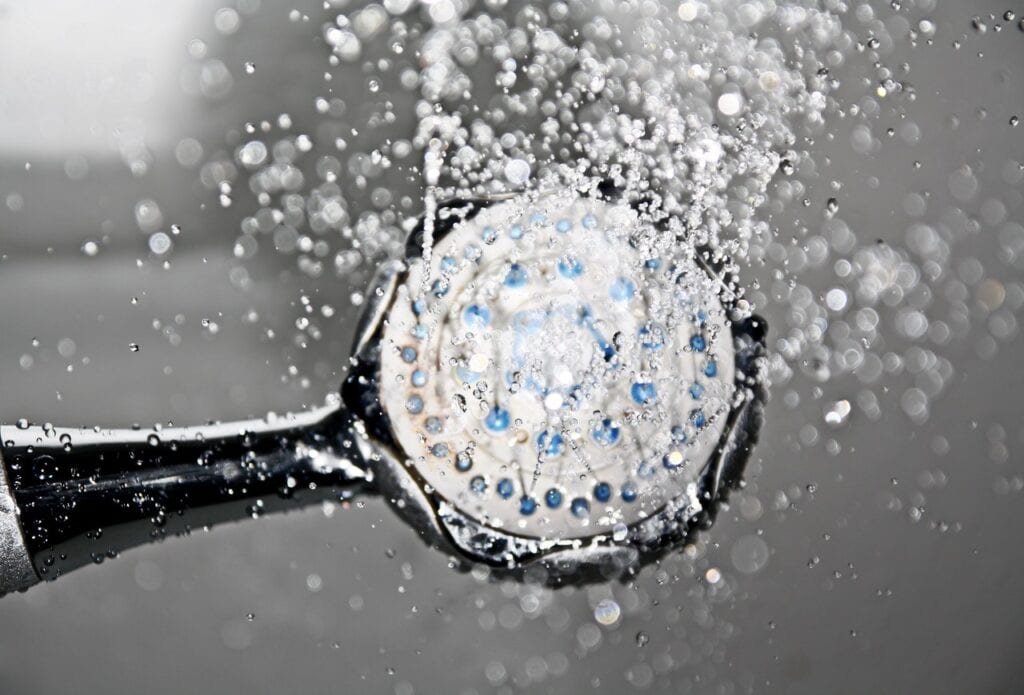
Nearly everybody knows the right answer to this one, but just in case you’re one of the few that don’t, soft water is infinitely better for bathing and showering. Since there are no hard minerals to react with soap or stick to your skin and scalp, you’ll have a much easier time with the lather and with the rinsing process as well.
Hard water, on the other hand, can cause hair loss, trigger eczema and dermatitis, and all sorts of different scalp and skin conditions. As such, it would be wiser for you to use a softener in this particular instance, even if the sodium isn’t all that environmentally-friendly once it goes down the drain and pours into your septic system.
The Optimum Solution For Your Appliances
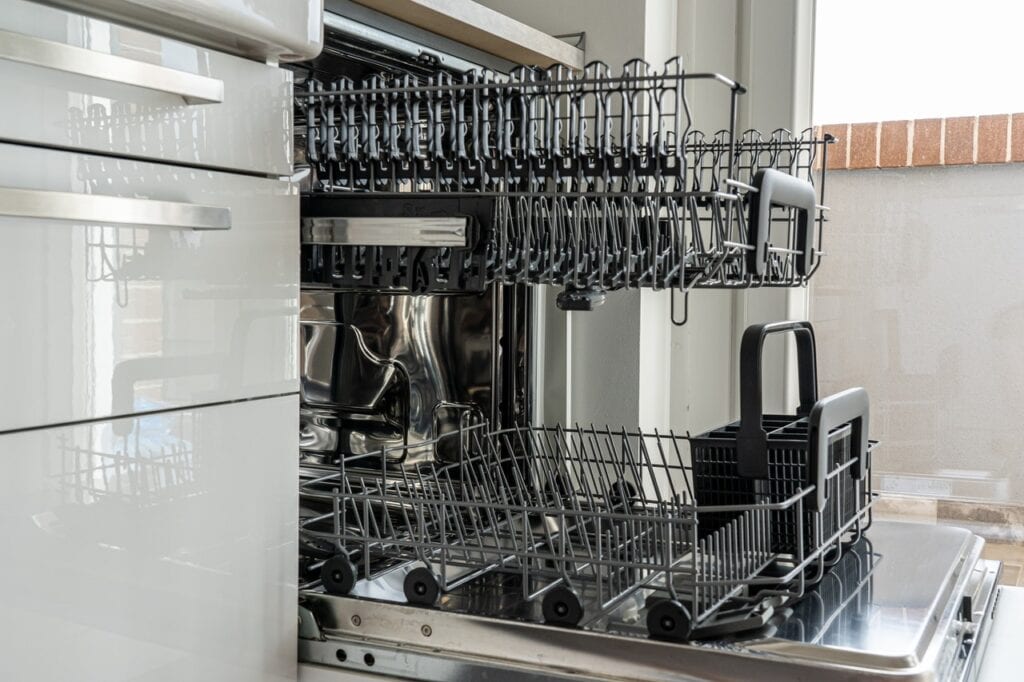
Let’s face it, everyone uses a softening method for their appliances. Whether it be liquid fabric softener, dishwasher rinse-aid, or mechanical water softening, most people don’t even consider the damage done to the environment as long as their appliances last much longer and do their job properly.
In case you don’t know, hard water increases the formation of limescale deposits, which in turn leech onto the crucial components of your appliances and significantly reduces their lifespan. In certain instances, hard water can even cut a machine’s lifespan in half. Not to mention the higher operating costs that come with operating machines affected by limescale.
In short, you should really consider softening the water that you’ll run through the dishwasher, washing machine, kettle, and so forth. It will save you a lot of money, stress, and maintenance work that you might otherwise need to do down the line.
Everything Plumbing Related

Plumbing isn’t a joke, as even the slightest mistake can leave you with water running inside your house. It’s a complex system in which everything needs to work flawlessly to provide the utmost comfort inside a person’s home.
As mentioned in the previous part of this article, hard water minerals encourage the appearance of limescale deposits, which greatly affects pipes, water heaters, and much more. The problems go even further once you realize that the limescale can even make pipes rust faster than before.
There’s so much to talk about when it comes to the damage inflicted by hard water upon plumbing that it’s incredible.
But softened water isn’t without fault either. As mentioned earlier, the sodium from softened water has a negative effect upon septic systems. Because of this, you need a reliable filter to take out the sodium before the water gets a chance to drain into it. So, as you can probably tell by now, there is no clear winner between hard and soft water. Both of them have their own advantages and disadvantages.
Down to the Basics
So far, we have determined that both soft and hard water have their advantages and disadvantages. The clear winner for drinking and keeping your septic system and the environment in good condition is hard water.
However, softened water does help your plumbing and appliances last much longer than they would otherwise.
In conclusion, it is best to rely on a softening method that doesn’t use any salt or chemicals. There are many such devices on the market from which you can choose, from water ionizers, reverse osmosis systems, to water descalers and so forth. We recommend water descalers because they’re the easiest to set up and they don’t cost all that much to purchase or maintain in the long run.
Water descalers don’t modify the water; they instead reshape the mineral crystals and make them far smoother and smaller, as seen on yarna.com. Of course, that is just one example, as you will find numerous ones to purchase on the market.
Final Thoughts
At the end of the day, it’s not the end of the world if you have hard water or if you want to get rid of your old salt-based water softener. There are numerous replacements available, each more intuitive and efficient than what came before. It will be interesting to see how this market will shape itself in the following decades.

